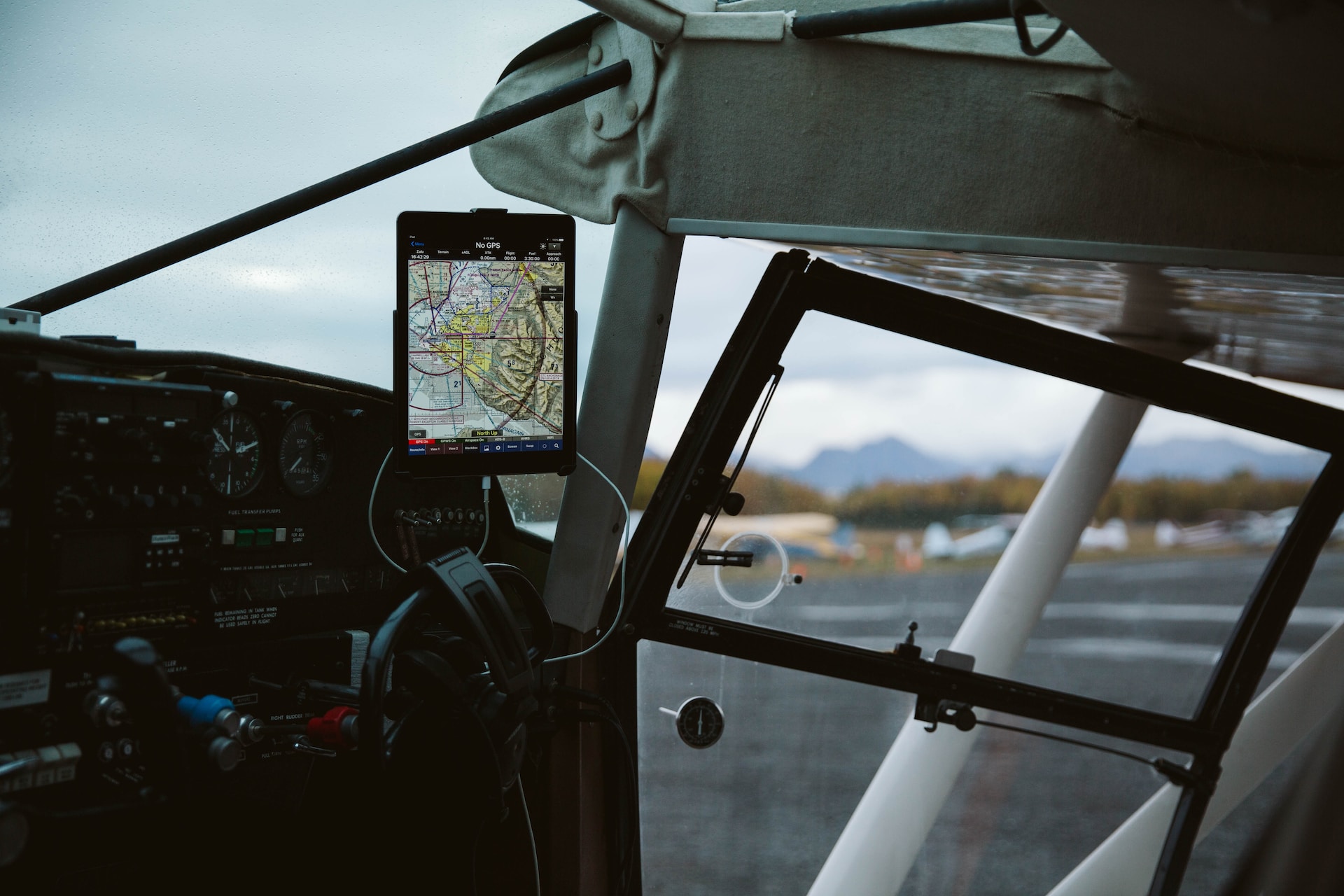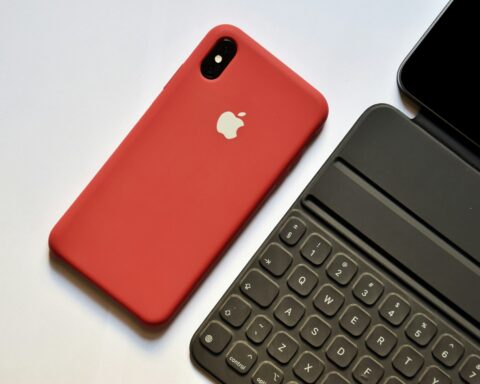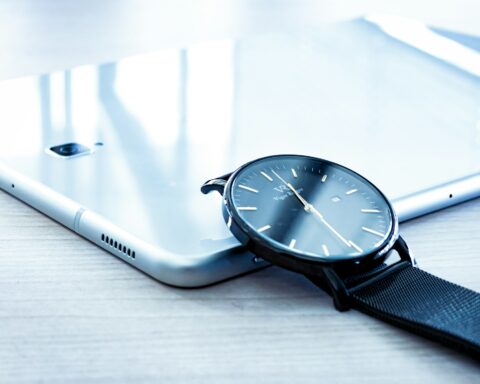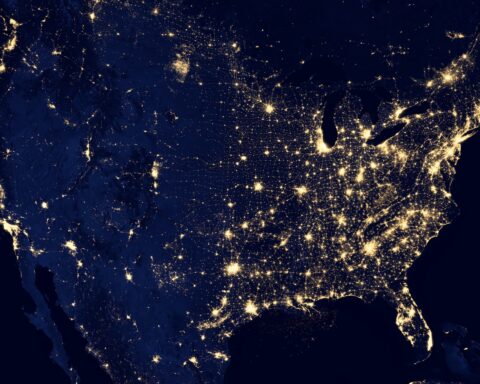As the world grows more dependent on precise location navigation, the demand for accurate GPS data continues to grow. The Global Earth Observation Decentralized Network (GEODNET) is changing the game with a decentralized network of space weather mining stations that report real-time influence data of the Sun’s solar winds on the Global Navigation Satellite System (GNSS) signals, providing centimeter level positioning accuracy and improving the absolute time accuracy to the nanosecond level. In this startup showcase, we take a closer look at GEODNET and how it is revolutionizing GPS and location-based services.
What is GEODNET?
GEODNET is a decentralized network of space weather mining stations that collects data on the Sun’s solar winds and their influence on GNSS signals. This data is used to provide highly accurate GPS data, which can be used for a variety of applications, including autonomous navigation, agriculture and construction vehicle machine control, earthquake and geohazard monitoring, and traditional land survey.
How Does GEODNET Work?
GEODNET works by collecting data from space weather mining stations, which report real-time influence data of the Sun’s solar winds on GNSS signals. This data is then used to refine and improve GPS and GNSS data, providing more accurate positioning and timing data.
GEODNET integrates blockchain technology, creating a decentralized mapping system, metaverse digital twins, location-aware smart contracts, and proof-of-location and time. GEOD is the native utility token, which is used to pay fees for providing data streams and services, reward space weather miners, and as gas for future native GEODNET blockchain location/time proofs.
What Are the Benefits of GEODNET?
GEODNET provides several benefits, including:
- Highly accurate GPS and GNSS data: GEODNET’s space weather mining stations provide highly accurate data, which is used to improve GPS and GNSS data.
- Decentralized mapping system: GEODNET integrates blockchain technology, providing a decentralized mapping system, which can be used for a variety of applications.
- Metaverse digital twins: GEODNET’s mapping system can be used to create metaverse digital twins, which can be used for a variety of virtual reality applications.
- Location-aware smart contracts: GEODNET’s location data can be used to create location-aware smart contracts, which can be used for a variety of applications.
- Proof-of-location and time: GEODNET’s location data can be used to provide proof-of-location and time, which can be used for a variety of applications, including legal contracts and dispute resolution.
Conclusion
GEODNET is revolutionizing GPS and location-based services by providing highly accurate data through a decentralized network of space weather mining stations. With its integrated blockchain technology, GEODNET is creating a decentralized mapping system, metaverse digital twins, location-aware smart contracts, and proof-of-location and time. With the potential for a variety of applications, GEODNET is an exciting startup to keep an eye on in the coming years.
Website: https://geodnet.com/
Twitter: https://twitter.com/GEODNET_
Facebook: https://www.facebook.com/groups/geodnet
LinkedIn: https://www.linkedin.com/company/geodnet/about/
Ready to amplify your reach and engage with the most dynamic community in the venture world? Consider sponsoring an article with us. Learn more about our promotional opportunities and sponsored articles here.
Your story could be the next big hit on US Venture News!












Follow Us